Tips for Media Interviews
PR for Anyone
JANUARY 12, 2022
One of the top tips for a media interview I can give you is to be real and authentic. When you try to answer something you don’t know, it could backfire on you – especially on a recorded interview like television, radio, or podcast. Anyone can get publicity! Don’t try to be someone you’re not.

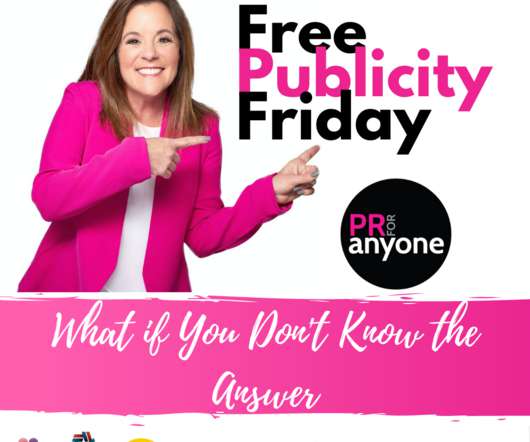






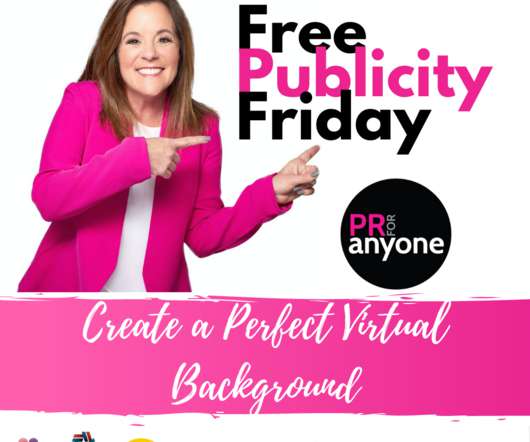







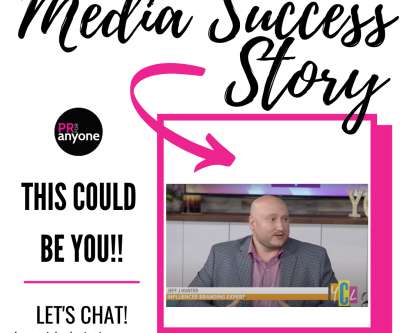





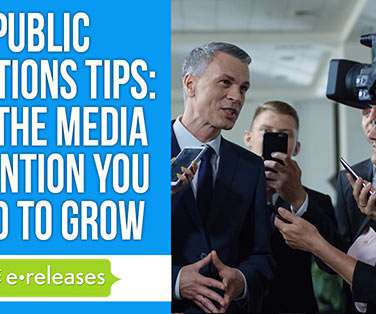
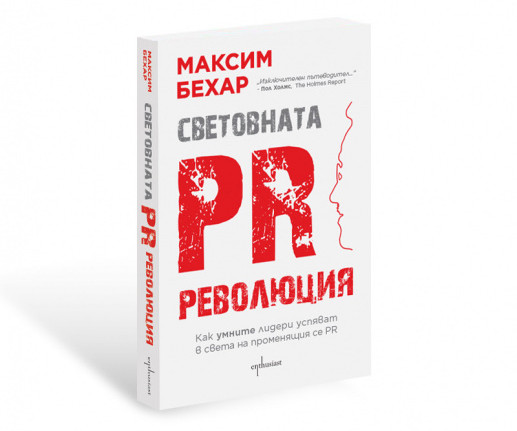












Let's personalize your content